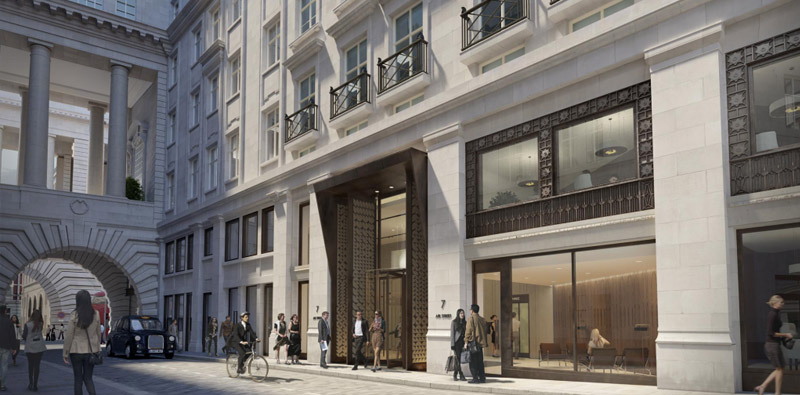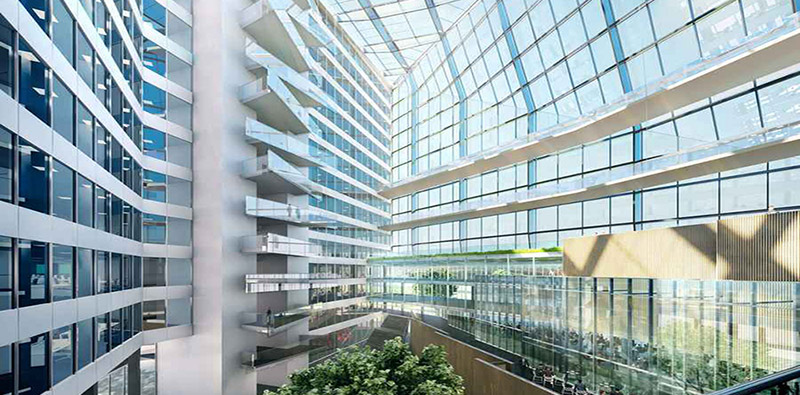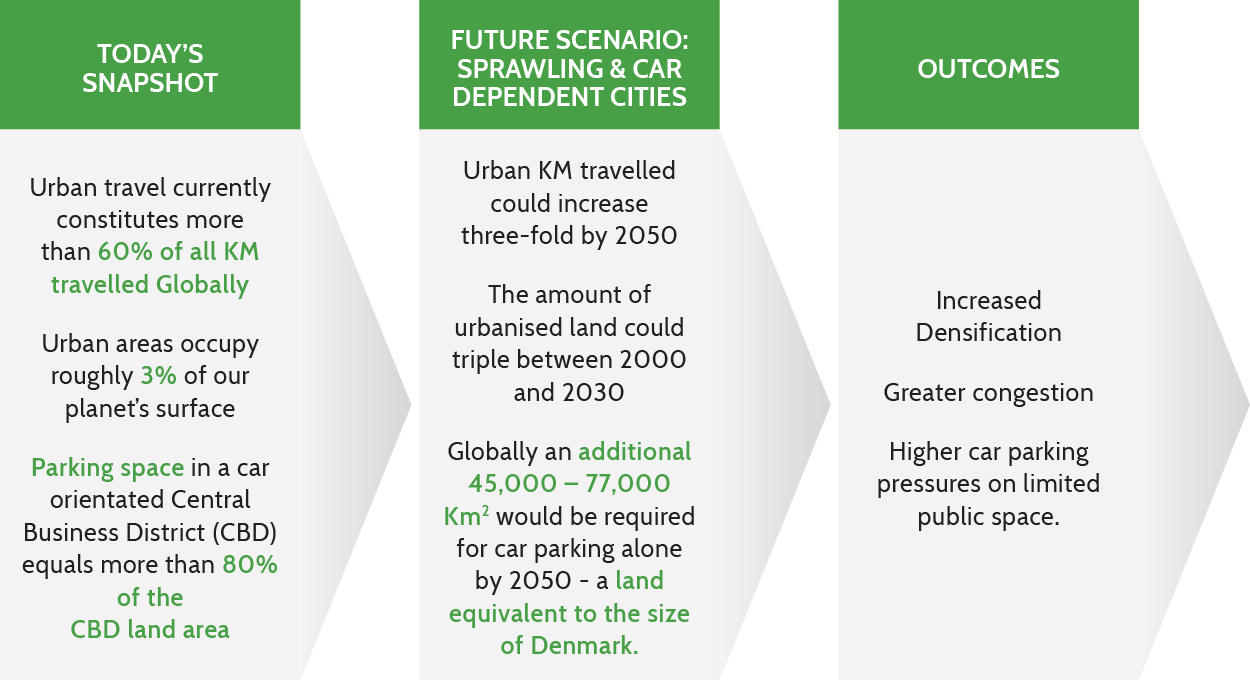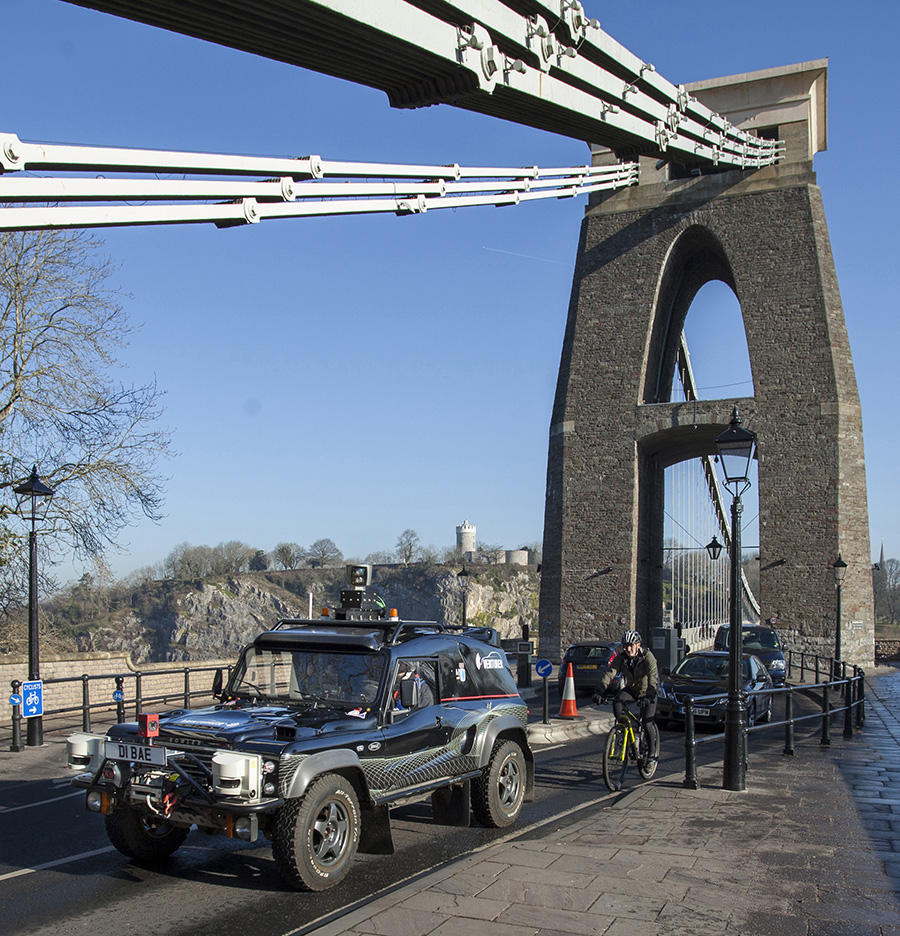“ON THE 8th AUGUST 2016 WE BEGAN TO USE MORE FROM NATURE THAN OUR PLANET CAN RENEW IN THE WHOLE YEAR”.
Source: Global footprint network/ Earth Overshoot Day 2016
If that fact doesn’t encourage you to drive forward with changes that can help protect and promote environmental concerns you might be in the wrong place. At Perform Green we believe in addressing urban challenges through digitally inspired change and working to create a lasting positive legacy for our clients and the people they serve.
We begin by identifying the issues, presenting innovative solutions and always remembering that engagement from citizens with the services is critical to ensure real change and that benefits are realised. Highlighted below are some of the key elements that create a smart city and how leading with an integrated digital vision can deliver cost savings and increase human happiness.
Public Spaces
As cities become the focal point for most people on the planet, we have to consider how to maximise public spaces to create safe places that assist in happier and healthier societies. Each city has its own challenges and at Perform Green we believe in looking at the problems you want to solve and working out a solution, rather than adopting technology that may be ineffective for your populations needs.
When considering public spaces, we see them as a significant resource for individuals and communities, a hub for social integration and cohesion. Public space can be a positive contributor to individual well-being, a cities overall environment and make a constructive contribution to public health improvements.
Melbourne, Australia – The Smart City & “Internet of Trees”
Melbourne Smart City Vision: to enhance the aspects of our city that make us uniquely Melbourne, and intelligently prepare for the changing needs of the community, the environment and the economy.
Challenge: Soaring temperatures in the city and deaths of the elderly during the now regular heat waves.
Solution: As part of their community engagement with city issues Melbourne held a hackathon, at which data was compiled about the trees across the city. This information has been mapped, with each individual tree pin-pointed and data on age, species and health of tree recorded in easy to use formats. This data has helped to inform the maintenance plan for trees in the city, a critical element contributing to the reduction of temperatures and creating much needed shade for citizens. Not only is this now positively contributing to the experience of the city during times of extreme heat but the network can be utilised to watch out for:
- the spread of diseases
- to support plans to increase bio-diversity for wildlife
- to identify the health of the trees and whether they are contributing positively to the local environment for citizens
- to identify trees that need to be replaced.
A community engagement programme in which you can email a tree and get a response about their wellbeing has also created as a new method of engagement amongst their citizens with their tree population, raising awareness of their value and contribution to city life.
The focus for most local authorities is currently on the concept of a smart, interconnected and a digitally led city strategy, however at the heart of cities are the buildings, the places we live, work, rest and play. Buildings and the construction industry have a huge impact on a cities efficiency, right from the moment of planning through to how the building is effectively used and the health of its occupants considered long into the future.
Perform Green have worked directly with Bristol City Council to create a state of the art Integrated Operations Centre, aided by an open information platform, innovation is encouraged to find ways to meet the safety needs of citizens. Integration of 19 critical life care services into one controlled space brings a revolutionary approach to city wide and resource management to create long lasting cost efficiencies for the council. The design takes into account smart sensor technology to reduce waste and energy usage.
Looking beyond utilising coordinated technology services to create smarter working practices, buildings themselves can make a huge environmental impact reducing our burden on the planet. Below are a few examples of smart buildings and the positive impacts on energy, wildlife and waste.
Building: 7 Air Street, London
While taking into account the sensitivity and need to retain the façade of a Grade II listed building this highly energy efficient building also maximised biodiversity via ecological measures to attract wildlife, including a species rich green roof, reducing water run off from the site and introducing bat boxes.
Building: Port of Portland, Oregon
Creating a world-class wastewater system in a 200,000 square-foot space has reduced water waste by 75%. The Living Machine system produces high quality water that is reused to flush toilets and supply the cooling towers in the building ensuring that all waste water from the 500 employees is utilised.
Building: The Edge, Amsterdam
Twenty-eight thousand sensors have created an office space that has been rated the most environmentally sustainable smart building in the world, Source. Smartphones are at the heart of the design, from an app tracking employees as they leave their homes to go to work, directing them to a parking spot on arrival while meeting rooms, desk space and office schedules are also managed through this medium.
Health and Wellbeing
Interconnected cities that utilise real time data can help monitor the health of those with long term illnesses, living with assisted health support and their carers. The growing consumer demand to understand our own choices and lifestyle habits can be seen with the popularity of mindfulness apps, products like fitbit or the polar loop. Local governments need to deliver services that help individuals and communities be informed about factors that impact their lifestyle, as well as ensure that they utilise the technology available to create more efficient healthcare systems.
We believe in maximising the value gained from data. Combining insights with the right application of technology allows true innovation in the delivery of health services. Engaging and communicating with stakeholders and service users at all times ensures the solutions become embedded in the culture and are adopted to their full potential.
Perform Green have recently provided experienced senior expertise for NHS Bristol, North Somerset and South Gloucestershire Local Digital Roadmap (LDR) to develop a new leadership, governance and delivery model for the LDR. Extensive engagement with stakeholders has been required and our team were able to rapidly develop a set of credible proposals with practical insight for the ongoing delivery plan. The proposals were closely aligned with the region’s Sustainability & Transformation Plan for health & social care and support Perform Green’s objective of leaving a positive legacy for our clients, enabling them to continue successfully long after our involvement.
Smart applications for dementia care – Connecting our communities
TIHM for Dementia, in partnership with Surrey & Borders Partnership NHS Foundation Trust are running a ground-breaking pilot study with 1400 people with dementia and their carers to examine how the latest technology can help improve quality of life. The combination of sensors, both on patients and in their homes, and with the connected network of dementia carers in the community contributing through smart phone applications will be providing real time data which is hoped can create a process to avoid crisis situations and relieve pressure on carers and health services.
As soon as a dementia patient goes off track to their daily schedule, or if their blood pressure should fall or rise outwith normal markers an effective digital system can be utilised to alert the relevant people and get them back on track.
SMART Transport & Mobility
As cities continue to grow at an exponential rate, we try to squeeze more people into already congested roads through traditional modes of private and public transport. The impacts of this are visible to our working day with increased commuter times, to our health with damaging air pollution and to our public spaces as cars compete with people.
Compounded with an ageing population and creaking infrastructure systems it is obvious that some radical thinking is needed to get our networked cities moving again.
A smart transport and mobility vision that maximises the opportunity that digital can offer and encourages collaboration across departments can help to create smarter cities.
Digital Greenwich Highlight Current Trends On A Business As Usual Scenario Approach To Transport
Source: Digital Greenwich, Lola Fernandez-Redondo, Head of Integrated Planning & The Built Environment.
So what does this mean for the future of our cities and how does a smart transport and mobility strategy help to alleviate this pressure?
Addressing Congestion & Parking
THE NUMBER OF CARS WILL MORE THAN DOUBLE REACHING 2.5 BILLION BY 2050.
(Source: Harman international)
In the USA alone 26.5 billion hours were spent commuting in 2014 and the average speed of cars is now equal to that of the humble horse and carriage. Transportation geek Wannis Kabbaj talks about the waste of human energy, time and potential spent on congested roads and highlights that the historical approach of expansion of roads is not possible in our dense habitats with expensive land and small public finances.
So what are the potential options?
Watch his video to see what the future of transportation could hold.
Connected & Autonomous Vehicles (CAVs)
While a modular self-driving transit system may still be far in the future for many cities in the UK, a number of projects are looking at the opportunities driverless cars can bring to ease and assist both congestion and parking concerns.
Here at Perform Green, we have been working with Bristol is Open and a funded partner organisation Flourish, who are delivering a Connected and Autonomous Vehicle (CAV) programme which will support the Bristol City region’s ambition to establish a worldwide reputation as a centre of excellence for CAV technologies.
This isn’t just a focus on how to get our roads running more smoothly but also on how to create a more integrated society that open’s up mobility for those that the system currently excludes. The programme aims to engage older people and those with assisted living needs to help develop CAV products, processes and services while taking into account privacy, liability, cybersecurity and the impacts of CAV on the transport network.
Thinking differently to solving old problems is an approach we like to bring to our clients, and by being informed and up to date on the technology available, as well understanding the concerns around safety, data privacy and the impacts of technological change, Perform Green can support effective strategy creation and delivery.
Credit: Venturer Bowler Wildcat Autonomous Vehicle, Chris Bahn
Air Quality
London breached annual air pollution limit for 2017 in just five days and NO2 pollution causes 5,900 early deaths every year in London (Source). Across the UK there are approximately 30,000 premature deaths due to air pollution each year (According to Joe Hennon, the European Commission’s spokesman on pollution, 2014) and creating smarter cities can help tackle these issues and alleviate health concerns and pressures on the NHS.
By reducing the amount of traffic on the roads and using alternative fuel sources the UK can decrease the damaging particles in the air. However, there are many more ideas being touted as solutions to improving the health of our citizens.
The ability of collaborative projects between local authorities, partner organisations, tech companies and citizens will allow for the collection of mass data. Privacy and security are of utmost importance, yet when utilised this information can help shape both local and government policy, as well as individual behaviours.
Here are just two examples of how data on air quality can help shape our experience in smart cities, but it is important that the ideas don’t take over the practical steps that ensure you have useable and measurable data. Perform Green can work with you to take your strategic ambitions into a delivered reality, to budget and on time.
Smart city planning
As an increasing number of low power sensors can be distributed across a city and data collected, this information can be harvested to inform and direct city planning. If a local council would like to open a new school, air quality information can be recorded in order to ensure that the school is not built in an area with high traffic and pollution levels.
Managing your own health
On an individual level the City Verve project in Manchester is looking at understanding when certain areas of Manchester City Centre have high levels of pollution with the aim to broadcast this to individuals, whether this is direct via smartphones or public facing via talking bus stops or lampposts. The hope is that if you are an asthma sufferer or someone concerned about air pollution, you can receive updates on the pollution in your area, finding alternative routes for travel to avoid the worst locations. This public information can also be utilised to ensure the government are keeping their commitments to clean air quality.
Leadership & Strategy
Perform Green is a team of strategy and change experts, driving innovation, productivity and a sustainable, collaborative future through digitally inspired change. We enable organisations to accelerate and shift their working mentality, behaviours and approach. In the last twelve months we have been heavily involved in the world leading Smart City activities in Bristol, supporting Digital Transformation in the NHS and helping to drive Change and Capability Development in a global bank.
We believe in working with clients who can see the opportunities that are ahead, tackling challenges and complex issues with an approach that combines understanding of the problems, technology know-how and application of solutions that create a long lasting impact for the people at the heart of the delivery.
Perform Green Staff and Associates have over 200 years of combined experience, with direct roles in local authorities and private businesses, so you can rely on an established wealth of expertise to provide invaluable insights and strategic support to any smart city initiative. We understand the business as usual requirements against the drive for innovation and revolution all under budget constraints. We bring a focused and dedicated team to solve problems and work with you to ensure benefits can be realised.
We don’t just stop there; our people can deliver learning and organisational development programmes to ensure that your visions can be communicated and adopted throughout your organisation, so the true goals can be realised to their maximum capacity. Skill sharing, stakeholder engagement and leadership development are key complementary services that Perform Green contribute to ensure the long term success for our clients.
Working in partnership with our clients, we help create:
- more engaged and cohesive communities that take a lead in tackling their own challenges
- more resilient, productive and effective business strategies increasingly efficient, innovative and sustainable public services that achieve better outcomes
- sustainable and balanced approaches in relation to use of the environment commercial strategies and supply chain efficiency, including maximising value from commercialisation
- introductions and networking support for financial models and funding partners
- defined strategy: clarity about direction and execution
- innovation: facilitating creative thinking and collaboration to address “wicked” problems
- value from data, digital and technology: digital innovation, better engagement, decision making and productivity
- effective working and innovative smart working practices
- employee engagement and capability development
- objective project oversight
- improved programme and project risk management
- improved confidence that projects will deliver on time, to budget and quality measures














